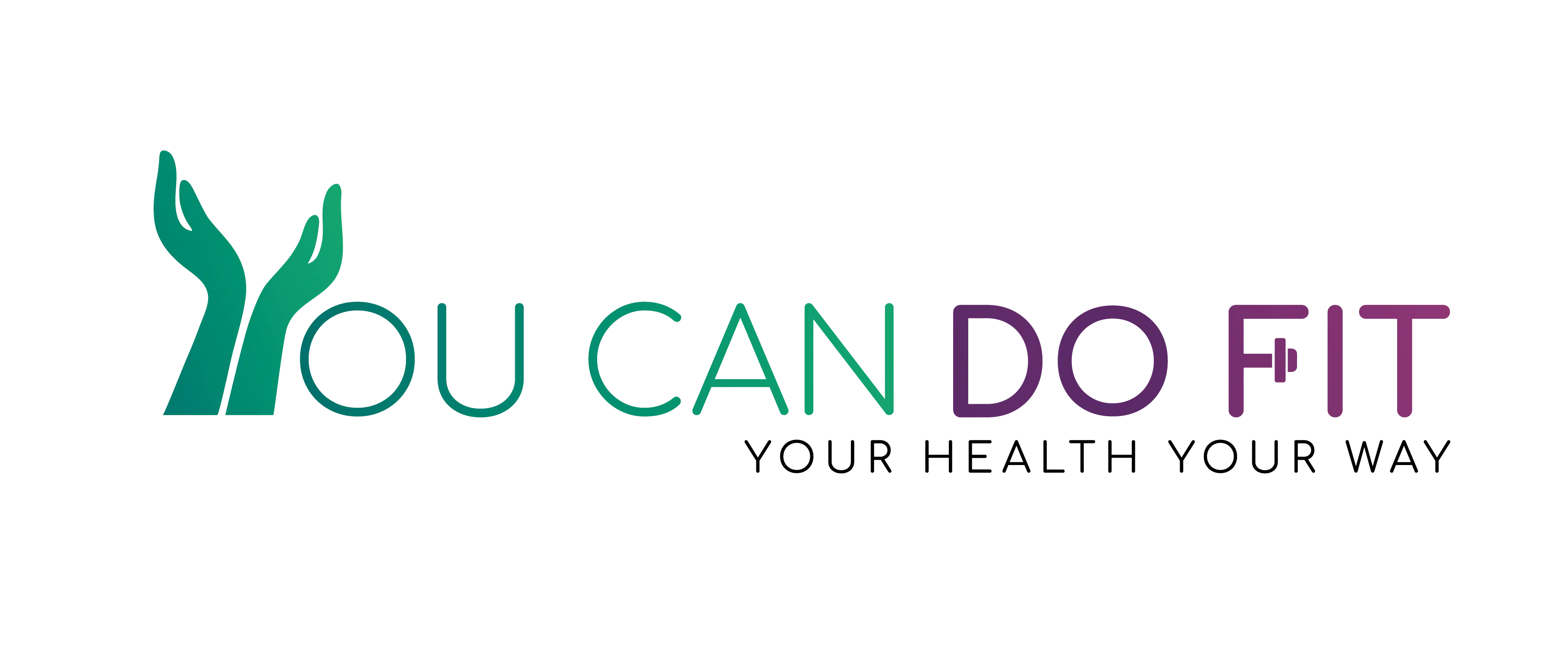Why Office Workers Should Fit in Time to Exercise

Why Office Workers Should Fit in Time to Exercise
In today’s world, many of us spend long hours at a desk, often glued to our screens,handling tasks that require little to no movement. While this modern work setup might be efficient, it poses serious challenges to our physical and mental well-being. Office workers, in particular, face unique risks due to prolonged sitting and a sedentary lifestyle. Poor posture and seating position can also cause issues. Incorporating exercise into your daily routine can counter these risks, boosting productivity, energy levels, and overall health.
The Risks of Sedentary Work
Sitting for extended periods is often called “the new smoking” due to its harmful effects on the body. Studies have shown that a sedentary lifestyle can lead to:
- Increased risk of chronic conditions: Heart disease, diabetes, and obesity are all linked to prolonged inactivity.
- Postural issues: Sitting for long hours can lead to poor posture, which causes back, neck, and shoulder pain.
- Reduced mobility: Lack of movement tightens muscles and joints, making it harder to stay flexible and agile over time.
- Mental fatigue and stress: Without regular physical activity, stress builds up, and the brain’s ability to focus decreases.
Why Exercise Matters
Even a modest amount of exercise can provide numerous benefits for office workers:
- Boosts energy and productivity: Regular exercise enhances circulation and improves oxygen flow to the brain, leaving you more alert and focused. A mid-day workout or even a short walk can refresh your mind, allowing you to return to your tasks with renewed energy.
- Reduces stress: Physical activity is known to reduce the levels of stress hormones in the body while stimulating the production of endorphins, which naturally improve mood. Exercise can be a mental reset, helping you tackle work pressures with a clear mind.
- Prevents health issues: By moving regularly, you reduce the risk of conditions related to inactivity. Exercise improves cardiovascular health, helps maintain a healthy weight, and enhances muscle strength, protecting your body from the long-term impacts of desk work.
- Improves posture and reduces pain: Regular workouts that strengthen your core and stretch out stiff muscles can significantly reduce the discomfort caused by sitting. Improved posture also translates to better work performance and reduced likelihood of injuries.
How to Fit Exercise into a Busy Workday
Balancing a busy work schedule with fitness might seem challenging, but with a few strategic adjustments, it’s achievable:
- Start small: You don’t need to hit the gym for an hour every day. Try fitting in 10-15 minutes of stretching or bodyweight exercises at your desk or during breaks.
- Walk more: Instead of sitting for meetings, suggest walking meetings or take calls while pacing around your office. Use stairs instead of elevators and walk to your colleague’s desk instead of emailing.
- Desk exercises: There are plenty of simple stretches or exercises you can do at your desk, like seated leg lifts, shoulder rolls, or seated twists. They improve circulation and prevent stiffness. Please read one of our previous blogs
- Make the most of your commute: If possible, walk or bike to work. Even getting off public transport a stop early and walking the rest of the way can make a big difference.
- Lunchtime workouts: Take advantage of your lunch break to go for a quick walk, attend a fitness class, or do a short exercise routine. This boosts your energy for the rest of the afternoon.
Looking for More Support?
If you’re struggling to find time for exercise on your own, consider joining a supportive community that makes fitness a priority. Our women-only outdoor group classes offer a welcoming space where you can unwind from the office stress, enjoy fresh air, and work on your fitness alongside like-minded women.
Whether you’re a busy mum or a professional juggling work and life, our classes provide:
- Convenient outdoor sessions that fit into your day.
- Free childcare, so you can focus on yourself without worry.
- Supportive community to help keep you motivated.
- Adaptive workouts suitable for all fitness levels.
Don’t let your desk job define your health. Make time for yourself, join our community, and take the first step toward a more active, balanced lifestyle!
Conclusion
For office workers, the benefits of fitting exercise into your routine are undeniable. It doesn’t have to be a major time commitment—small, consistent efforts can dramatically improve your physical health, mental clarity, and overall quality of life. So, stand up, stretch, and start incorporating more movement into your workday. Your body (and mind) will thank you!

